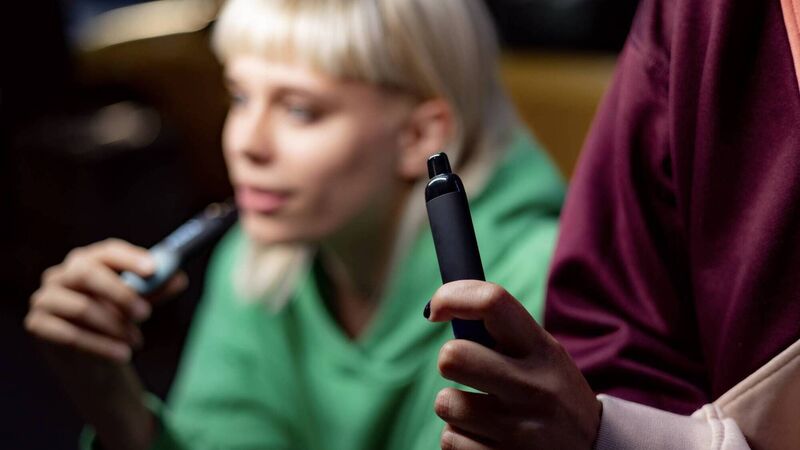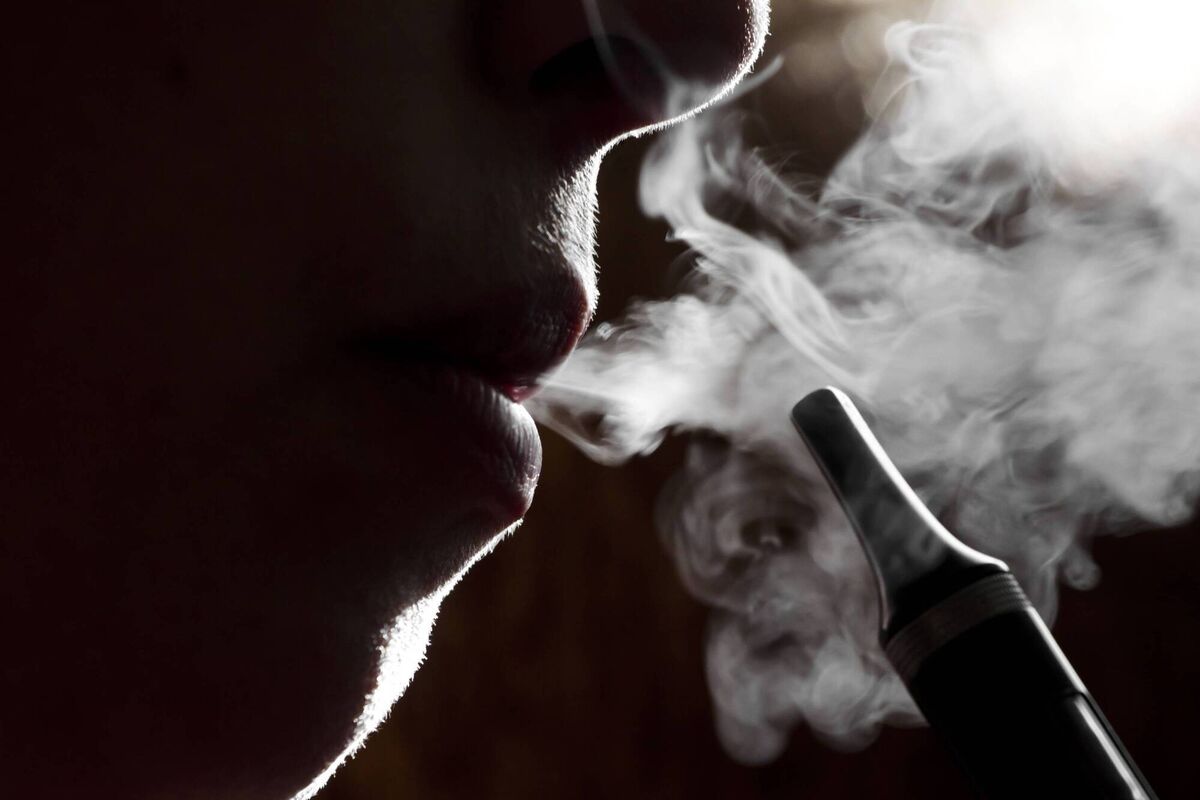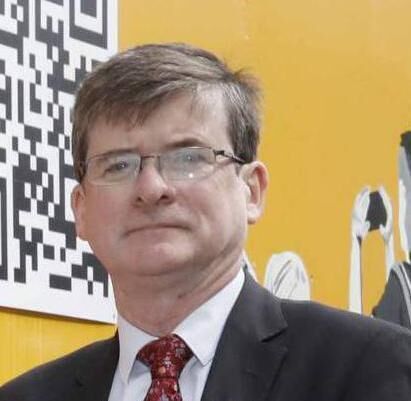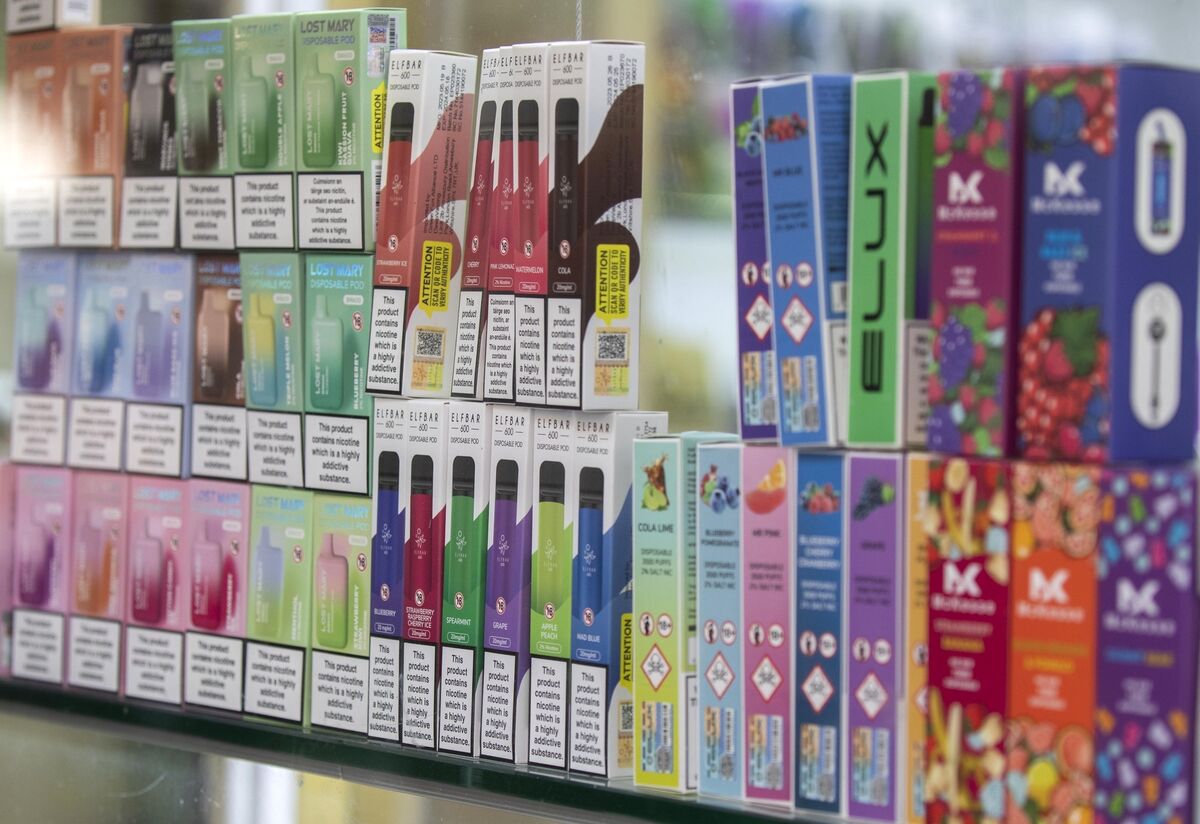'Wild West of the drug market': Calls for laws to deal with synthetic cannabinoids

If someone is using HHC in a vape, it can be impossible to tell because there is no telltale smell, unlike cannabis. File picture
In villages, towns and cities across the country, a little-known synthetic drug is making its presence felt on the lives of teenagers.
Contained in vapes and edibles such as jellies, hexahydrocannabinol (HHC) is being termed a “ticking timebomb”, a “silent assassin” and a drug which is wreaking “havoc” on young people.
The drug was linked to an incident in a Cork town in November 2023 in which four young people were hospitalised. But despite the fears about the drug, it continues to be sold in shops across the country because it is not included in the list of prohibited drugs in Ireland under the Misuse of Drugs Act.
HHC is a semi-synthetic version of a natural cannabinoid found in cannabis, emulating the effects of THC in cannabis plants.
Earlier this month, the published a letter from a parent who wrote that their family “has been shattered by the devastating effects” of the drug. The parent, who wished to remain anonymous, wrote that their 17-year-old daughter “fell victim to this unregulated and highly addictive substance, leading to severe mental health struggles, psychiatric treatment, and even leaving school”.
It is understood that up to a fifth of teenagers being treated in addiction services are there because of chemically modified cannabis products found in vapes and edibles, including HHC.
Professor Eamon Keenan of the HSE’s addiction services says: “We have been quite concerned about HHC for quite some time now because we have seen it associated with mental health presentations. The concern is that people are having reactions where they develop psychotic features and present with psychosis.
Conor O’Brien, of Cloyne Diocesan Youth Services, says HHC products are readily available, with some shops advertising that they stock HHC. Others that stock it are less vocal, he says.
“The reaction varies from person to person. To the best of my knowledge, the effect is pretty much instantaneous.” He says that the effects can last for several hours.
“It is a real ticking timebomb. From my point of view, I think it is having a serious knock-on effect on school attendance and with young people’s abilities to engage with school. Their concentration levels seem to be seriously affected by it.”
He points out that while it is not on the list of prohibited substances, it should be. “It’s in a legal loophole at the moment.”
He explains that if someone is using HHC in a vape, it will be impossible to tell because there is no telltale smell, unlike cannabis. “You can now buy it in liquid so you can fill a normal vape with liquid yourself. You can’t tell by looking at it.”
Another youth worker, Dan Hogan, also of Cloyne Diocesan Youth Services in north Cork, says the emergence of the drug in Ireland began in 2023.
He agrees that there are many vape shops which have full displays of HHC vapes, “as if they are just normal strawberry-flavoured vapes when actually they are a lot more harmful to young people.”
Mr Hogan continues: “We have worked with a lot of young people now who are regularly smoking these vapes and they are quite young – 14 and 15 years old – so developmentally we are very concerned about where this might lead for them.
“It mimics the same effects as cannabis so the eyes would be bloodshot, they are very unmotivated.
He said it can be seen in schools where young people come in after lunch break acting differently to what they were just before the break. He questioned why the laws around psychoactive substances introduced over a decade ago are not being used to tackle the growth of HHC.
“Where young people were trying to get cans of cider before, now they are trying to get these vapes and sharing them. The flavour, according to the young people telling us about them, is like strawberry and things like that, so you can take quite a big dose of it and then be in an awful way altogether half an hour later.
"It is very worrying. What is the developmental impact of these things on young people’s lives?”
He said that underage drinking is not the issue it was because of the increasing popularity of vapes, and added that up to four young people come together to buy a vape and share it to cut the expense of the habit.
He urged politicians to tackle it as a priority. “We have felt we have been roaring into the abyss about this,” he said.
Earlier this month, in reply to a parliamentary question, minister for health Jennifer Carroll McNeill said that legislation is being drafted to include the drug in the Misuse of Drugs legislative framework and that the legislation will be brought to the government shortly.
She said that the measure would regulate the sale of the drug for human consumption but would also ensure that possession and the sale or supply of the drug would be an offence.
This was confirmed to the in a statement from the Department of Health, which said: “Officials in the Department of Health, in consultation with the Office of the Attorney General have been drafting legislation to add Hexahydrocannabinol (HHC) as a Schedule 1 controlled drug to the Misuse of Drugs framework. It is expected to go to Government in the near future.”
Junior minister with responsibility for nature, heritage and biodiversity, Christopher O’Sullivan, raised the issue of HHC in the last Dáil after the parents of a secondary school student contacted them with concerns.

The student had been very focused on school but his parents began to notice a deterioration in his concentration which has now been attributed to the use of HHC vapes.
Mr O’Sullivan said: “There were massive mood swings, he had no interest in school and started missing school, and psychotic episodes as well.”
He said that HHC is still widely available and he pledged to speak with minister Jennifer Murnane O’Connor, who has responsibility for drugs, to push for action against HHC. Action to tackle the issue has been too slow, according to the TD.
“It is far too accessible and is devastating families. Where there were great parent-child relationships, those relationships are now becoming frayed because of mood swings. It is causing havoc to the young people themselves.”
“We need to address it before lives are ruined. Vapes were seen as kind of harmless and seen as a healthier option than smoking, but this HHC, which is sold and packaged in flowery packages, is targeted at young kids and it creeps up on them.”
There are concerns that tackling the drug through the Misuse of Drugs Act may not be enough however.

Professor Keenan said: “I think what we are learning from Europe is that there are new drugs coming out all the time and we need to be able to use provisions like the Psychoactive Substances Act to act quickly and get these substances banned quickly because they are causing mental health problems to young people.”
He said that if the drug is prohibited through the Misuse of Drugs Act, it can be taken off the shelves.
“What we need to be able to have is a system which is able to respond in an agile manner to any of these new substances that are arriving and that we do see causing harm.”
“We are concerned about the market in general and the fact that new drugs are appearing on a regular basis and we need to have a very robust warning system in place. We are doing that as much as we can with various different approaches.
"We have been pushing for wastewater analysis, we have been pushing for testing at festivals. All of these things are very important so we can identify at an early stage harmful substances and then inform the public.”
A paper published in September by the College of Psychiatrists warned that adding HHC to the Misuse of Drugs Act would not be a panacea. Instead, it said “that the shops (currently profiting from sale of HHC) could simply switch to importing and selling a similar but not yet banned drug”.
It too argued for addressing the sale of HHC through the Criminal Justice (Psychoactive Substances) Act 2010, introduced to tackle head shops.
“Under this Act it is a criminal offence to sell any psychoactive drug. It led to the closure of the network of head shops in Ireland. Other countries followed Ireland’s lead, enacting similar legislation over the following years.
"HHC is being actively and publicly advertised by shops as having psychoactive effects. Doctors are also hearing direct evidence from patients of its psychoactive effects. Therefore, it seems obvious that HHC falls under this Act.”

The college called on the Government to “urgently intervene to ban the distribution and sale of all semi-synthetic cannabis and tackle the issue of its harms” and said an “explosion” of addiction presentations across the country involved the man-made drug.
It said that use of the drug is leaving young men in particular with severe psychoses, requiring lengthy hospital admissions for recovery.
Just a month earlier, the annual report from Forensic Science Ireland for 2023 also raised concerns about the emergence of HHC.
It said: “Cannabis and related cannabinoid products accounted for 42% of all cases analysed by FSI in 2023. The traditional cannabis market is no longer a homogenous arena and is now a dynamically evolving space with ongoing rapid emergence of a dizzying array of synthetic cannabinoid products – it is truly the Wild West of the drug marketplace.”
A review of 114 jelly, sweet and chocolate products analysed in 2023 showed that 36% contained synthetic cannabinoid products, including HHC.
Describing it as “semi-synthetic”, the report said: “HHC can be synthesised from CBD (Cannabidiol). HHC is chemically similar to THC and appears to have relatively similar physiological effects. Unlike THC, HHC is not a controlled substance in most European countries and worryingly is being sold as a safe or legal replacement in conventional THC products.
“In November 2023 four teenagers became ill and were hospitalised after vaping - analysis of these vapes by FSI identified the presence of HHC. Clearly these products remain a significant risk to the public with ongoing vigilant monitoring of emerging trends required.”
Despite the perception that nothing is being done to address the issue under the legislation for psychoactive substances, a statement from An Garda Siochana said that the 2010 legislation prohibits the unauthorised import, export or sale of a psychoactive substance, adding: “A number of investigations into the sale or supply of HHC are ongoing.”
Support and helplines:
- Samaritans 116 123
- Aware: 1890 303 302
- GROW 1890 474 474
- Pieta House 1800 247 247





